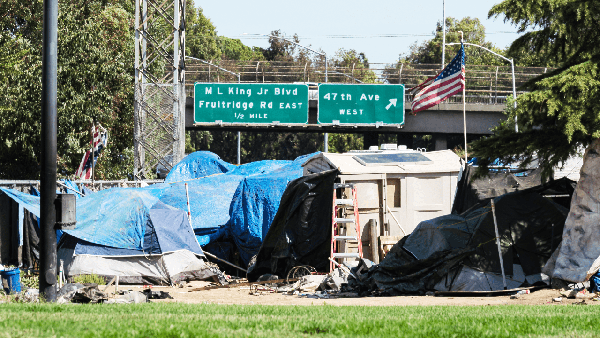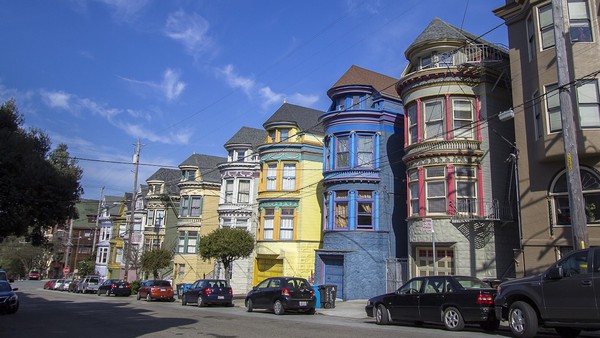The radical yet eminently responsible notion that housing should be legally recognized as a human right has only recently made it into the news. I first heard about it in the summer of 2019. I was visiting Sacramento Mayor Darrell Steinberg in his office, interviewing him for a story on a different topic, when he told me about the idea. I had asked him offhandedly about the state’s fledgling Commission on Homelessness and Supportive Housing, which Gov. Gavin Newsom had appointed Steinberg—a former president pro tem of the California Senate—to lead. The mayor chose to respond to my question by talking about the human-rights idea, which was frankly more interesting.
Steinberg has twice since introduced measures declaring that the City of Sacramento would be obliged to recognize housing as a human right. These represented the first such moves in the country. In each case, the mayor paired this legal recognition with a requirement that anyone living on the street accept housing if it is offered. (That element of the plan, another first, received much more attention—that is a topic for another day.)
Meanwhile, the idea of recognizing housing as a human right caught on elsewhere in the state. In two subsequent sessions of the California Legislature, there were two such proposals. And in the current session, Assembly Member Matt Haney of San Francisco has introduced a bill that would add an amendment to the California Constitution declaring that the state “recognizes the fundamental human right to adequate housing for everyone in California.” That would be, as Joe Biden might say, a BFD.
The Perpetual Housing ‘Crisis’
I’ve been writing and assigning stories about California’s housing “crisis” for decades. I think this is the first time I’m using that word accurately.
According to the relevant definition in Webster’s, a crisis is “an unstable or crucial time or state of affairs in which a decisive change is impending.” When I've covered the issue previously—dating back to 1997 at newspapers in Santa Cruz, San Jose, Monterey and Sacramento—there was no impending decisive change. Now there is.
In addition to the possibility that the state’s constitution will be amended to fix California's most treacherous problem, lawmakers in Sacramento have made some bold moves that are likely to have an impact. As the LA Times reported when the laws now being considered were introduced, they were meant to “increase production of affordable homes and strengthen tenant protections against evictions and surging rents.” As of this writing, most of them have a strong chance of passage.





